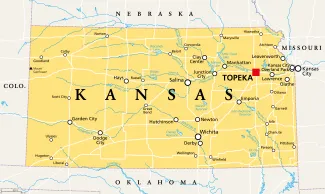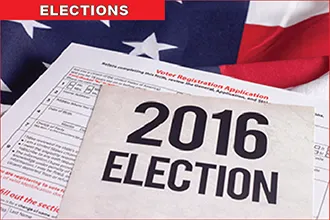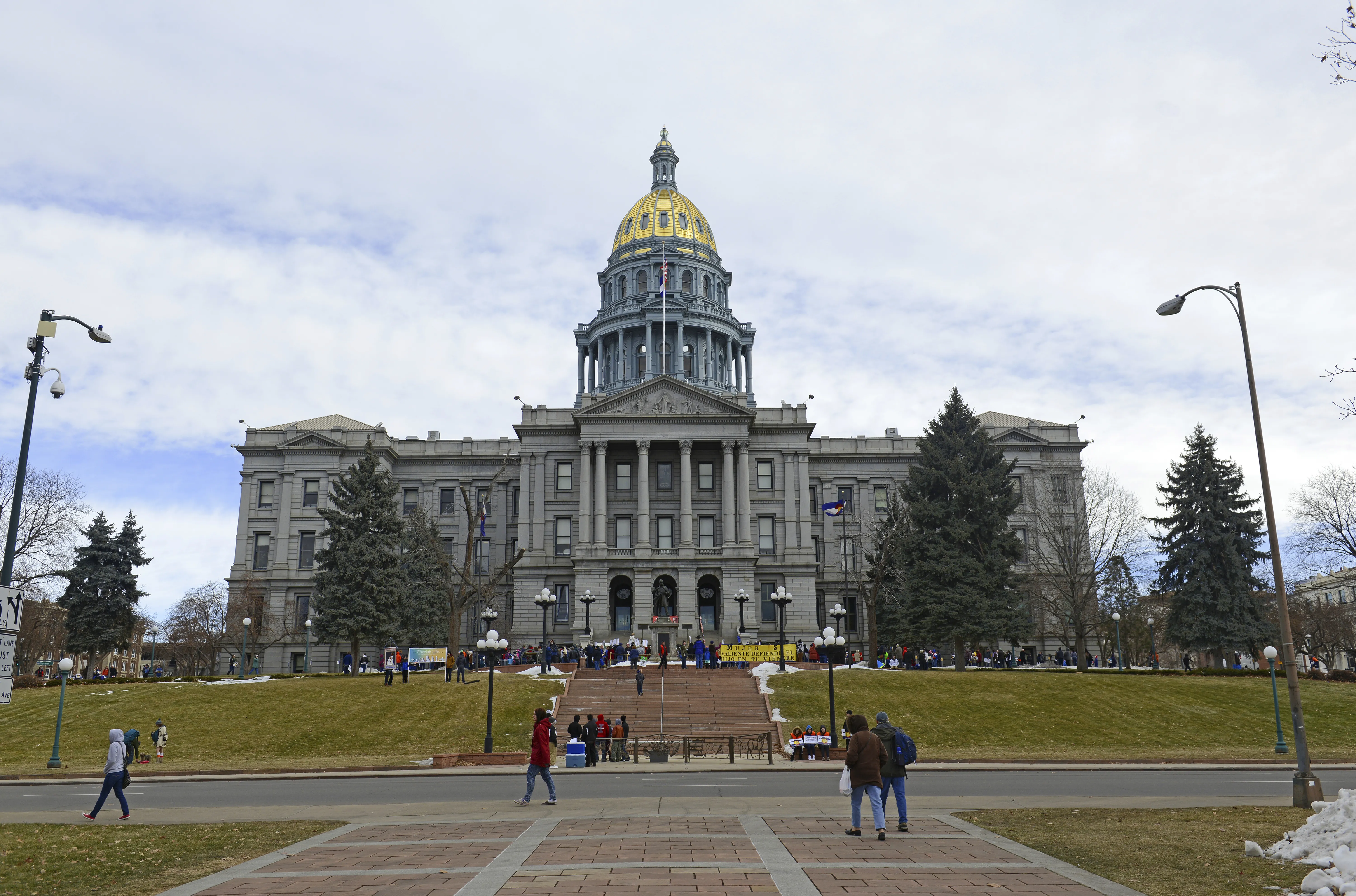
Kansas Bureau of Investigation deleted voicemail that sparked inquiry into city leader’s citizenship
© Andranik Hakobyan - iStock-1437277148
The Kansas Bureau of Investigation deleted the voicemail that prompted a police inquiry into the citizenship of a Lenexa City Council member, the bureau’s legal department says.
Melanie Arroyo, a clinical counselor and art therapist who was elected to the city council in 2021, revealed the police investigation during a council meeting Tuesday. She said police required her to provide proof of her 2018 naturalization before they closed the case.
The KBI and Lenexa police, responding to Kansas Reflector questions, revealed new details about the false allegation that sparked the investigation.
Law enforcement officials said a man called the KBI and left a voicemail in which he questioned Arroyo’s citizenship and requested an investigation. His complaint was based on assumptions he made about testimony Arroyo gave to the Legislature in February opposing a bill that would eliminate in-state tuition for immigrants.

© PeterHermesFurian - iStock-1352430281
In an interview for this story, Arroyo said the revelation of the deleted voicemail and the lack of substance in the complaint were “shocking and disturbing.”
“There are a couple of things here that further confirm for me that this was politically motivated,” Arroyo said.
Neither the KBI nor Lenexa police would disclose the identity of the Johnson County man who complained about Arroyo.
Kansas Reflector submitted a Kansas Open Records Act request to the KBI for a copy of the voicemail. The agency responded with a letter signed by “KBI Legal Division,” which said a special agent “confirmed that a message was left in our Lenexa office.”
“Once the substance of that message was forwarded on to the Lenexa Police Department we deleted the recording as it was no longer relevant to our agency,” the letter said.
The letter also said “the message, or any documents related to the message, are classified as criminal investigation records.”
The KBI’s records retention policy says special agent investigation files are to be retained for 70 years after a case is closed, and then transferred to state archives. A spokeswoman for the agency didn’t respond to Kansas Reflector questions about why the voicemail was deleted and whether the deletion was consistent with the records retention policy.
She also didn’t say why the KBI decided the voicemail was credible enough to forward to Lenexa police.
Representative Susan Ruiz signs up to speak at the Aug. 5, 2025, Lenexa City Council meeting. She said it was upsetting that council member Melanie Arroyo couldn’t confront the person who questioned her citizenship. (Sherman Smith/Kansas Reflector)
Danny Chavez, a master police officer who fields media inquiries for the Lenexa Police Department, provided a copy of the text of the email that KBI sent police. The caller’s name and number were omitted.

The KBI email said an individual “called with a question regarding the citizenship of a member of the Lenexa City Council. He stated that in February of 2025 Melanie Arroyo (possibly Melanie Arroyo-Lopez), a representative for Ward 3, gave testimony wanting to give illegals more benefits. During this testimony she acknowledged that she came to this country illegally as a child, but never acknowledged naturalization. He stated that this testimony was posted to the internet. He stated that to be a qualified elector, they had to be registered to vote and be born here or naturalized. He wanted to report this information for investigation.”
Chavez said police questioned Arroyo because city ordinance requires office holders to be a “qualified elector,” which means they must be a U.S. citizen.
“As we would with any complaint brought to our attention about matters pertaining to Lenexa City Code, we carried out our duty to investigate,” Chavez said.
Arroyo submitted written testimony in opposition to Senate Bill 254, which would have eliminated in-state tuition and other benefits for immigrants. State Senator Mike Thompson, R-Shawnee, provided a public platform for Attorney General Kris Kobach to promote the bill but refused to allow Arroyo and others to speak during a contentious hearing in February. The full Senate never took a vote on the proposal.
The caller who complained about Arroyo got several facts wrong. Although her testimony said she grew up “as an undocumented immigrant girl,” a reference to overstaying her visa, she said her family came to the country legally. Her testimony also said she “resolved my immigration status” in order to attend college in Kansas.
She earned a bachelor’s degree in studio art and psychology from the University of Saint Mary and earned master’s degrees from Emporia State University in clinical counseling and art therapy.
Arroyo, whose extended name is Arroyo Pérez, said the caller’s complaint was “alarming” and inconsistent with her testimony.
“So this person’s manufacturing something false,” she said. “And then for this person to say ‘maybe Melanie Arroyo-Lopez’ is f***ing racist and insulting. There’s nothing wrong with that last name, I’m just like, it’s not even remotely close to Pérez. How do you come up with that?”
State Representative Susan Ruiz, D-Shawnee, said in an interview before Tuesday’s meeting that she believed Arroyo was targeted for being an “active and outspoken” city leader.
“What’s so upsetting about this is there’s no recourse,” Ruiz said. “Her privacy was invaded. Her civil rights were invaded. She gets no chance to confront the person that made the allegation. She doesn’t even know who it is. The police won’t tell her. They won’t even tell her lawyer.”

















